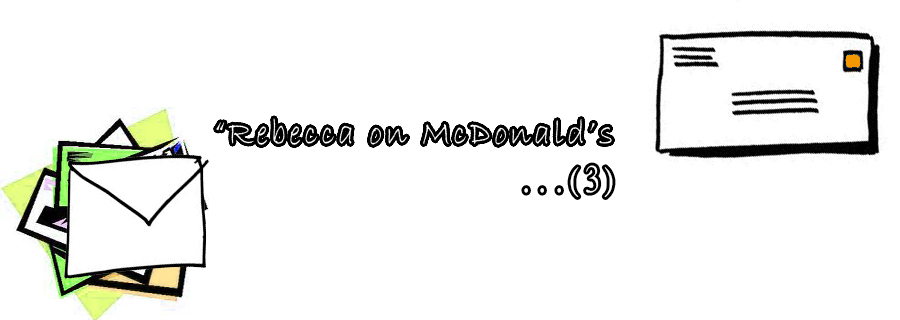Communication experts believe every communication must have an objective. It is a means to an end. They understand the importance of a clear objective as much as the communication itself, McDonald’s Hong Kong, however, seems not, resulting in its communication effort sneered at, taunted, and dubbed a PR fiasco. On the flip side? We are served with some fresh, untainted food for thought.
In PR, such effort is termed rhetoric. And it has the ability to help shape (or shake) corporate reputation.
Rhetoric is an area of study that is as old as human history and can be traced back to ancient Greece in the 4th BC. Aristotle, the great philosopher, is generally credited as the grand master who develops and theorizes the basics of rhetoric that “thereafter served as its touchstone” [1], influences its development from ancient through modern times. Its relationship with communication has since been academically established.
Edward Bernays, a modern times psychologist-turned-PR practitioner, on the other hand, regards rhetoric as “the engineering of consent” [2]. He argues that rhetoric is to persuade a certain public to accept a particular point of view or idea, by using a series of strategic communication and carefully-crafted messages. Is that not what McDonald’s Hong Kong tried so hard to achieve?
While we believe Mr Bernays, fondly crowned “the father of PR”, must have left us a fatherly wisdom or two, a peep into the world he lived enlightens us further.
We will see that Mr Bernays lived in a relatively closed world, where the general public was barely educated, uninformed, and with no powerful media (or, well, social media) to effect a change to its static status quo. That, we can safely conclude, must have afforded him the convenience of manipulating his audience the way he saw best fit his agenda or those he represented.
Comparatively, McDonald’s in the 21st AD is in a much less advantageous, if not dire, situation.
Perhaps it is high time big corps like McDonald’s reviewed their modus operandi, began afresh by treating us to a genuinely open, two-way communication, even if some short-term loss is there for them to swallow.
[1] Bizzell, P. and Bruce Herzberg. (2000).The Rhetorical Tradition: Readings from Classical Times to the Present. NY: Bedford/St. Martin’s.
[2] Bernays, E. (1969). The Engineering of Consent.




